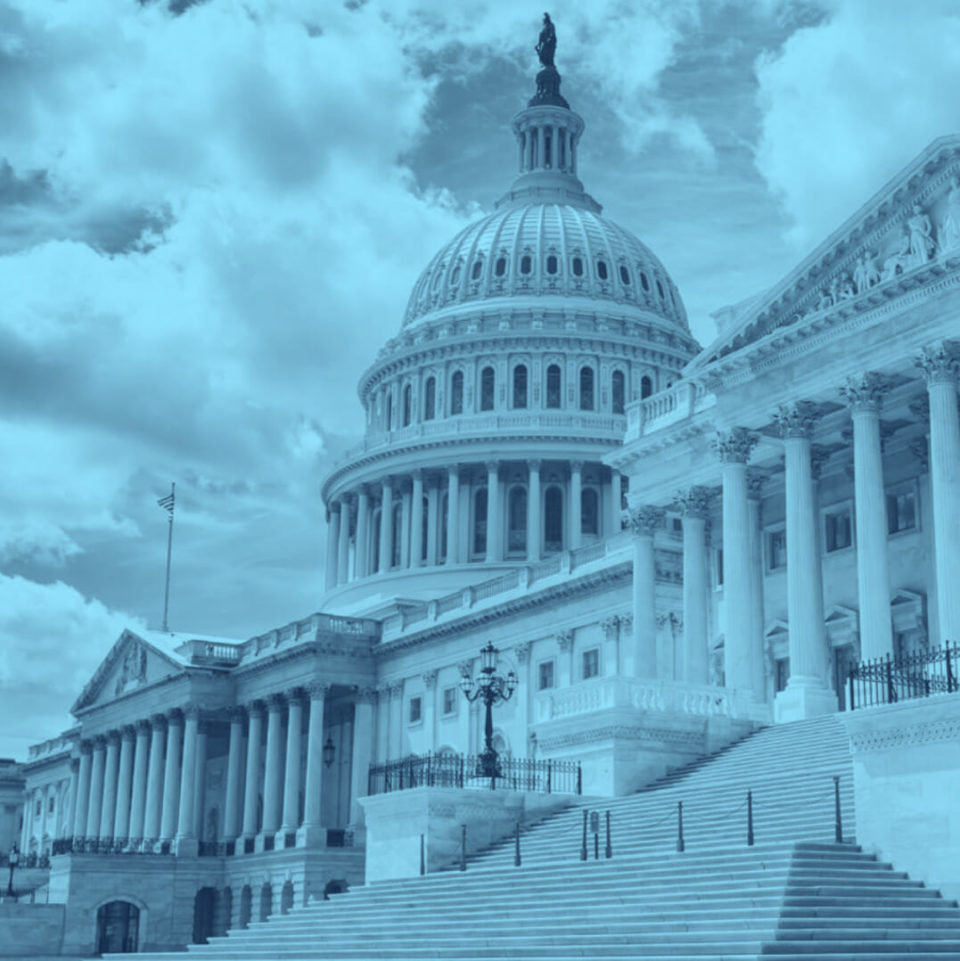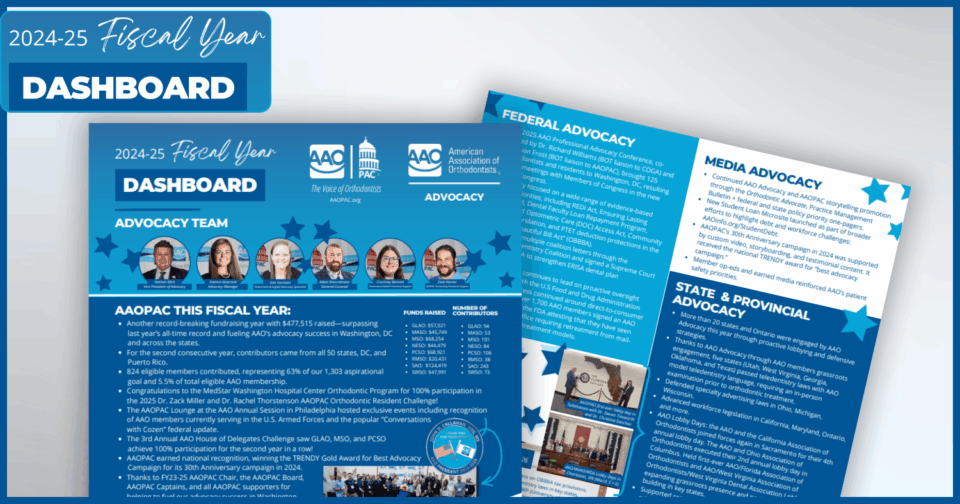Congress has reached an agreement on a $900 billion coronavirus relief package, adding it to a $1.4 trillion omnibus spending bill that would fund the federal government through Sept. 30, 2021. The package passed both the House and Senate Monday evening. President Donald Trump has said that he will quickly sign the bill into law once it reaches his desk.
Highlights of the Federal Relief Package:
The package includes several important changes to the Paycheck Protection Program created in March under the CARES Act, including:
Clarification of Tax Treatment of Paycheck Protection Program (PPP) Loans: The bill specifies that forgiven PPP loans will not be included in taxable income. It also clarifies that deductions are allowed for expenses paid with proceeds of a forgiven PPP loan, effective as of the date of enactment of the CARES Act (March 27th, 2020.) and applicable to subsequent PPP loans. This same tax treatment also applies to Economic Injury Disaster Loan (EIDL) grants and certain loans and loan repayment assistance.
Additional PPP funds made available: The bill includes $284 billion for the PPP program and extends PPP through March 31, 2021. Changes to PPP include:
- Provides for a second PPP forgivable loan for the hardest-hit small businesses and non-profits with 300 or fewer employees who can demonstrate a loss of 25% of gross receipts in any quarter during 2020 when compared to the same quarter in 2019;
- Adds PPE expenses, costs associated with outdoor dining, and supplier costs as eligible and forgivable expenses (more on that below);
- Simplifies the forgiveness process for loans of $150,000 and less;
- Repeals the requirement of deducting an EIDL Advance from the PPP forgiveness amount;
- Creates a dedicated $15 billion set-aside for lending through community financial institutions, including Community Development Financial Institutions and Minority Depository Institutions to increase access for minority-owned and other underserved small businesses and nonprofits;
- Creates a set-aside for small businesses with 10 or fewer employees and for small businesses located in distressed areas.
Adds to the additional eligible expenses for PPP funds: Makes the following expenses allowable and forgivable uses for Paycheck Protection Program funds:
- Covered operations expenditures. Payment for any software, cloud computing, and other human resources and accounting needs;
- Covered property damage costs. Costs related to property damage due to public disturbances that occurred during 2020 that are not covered by insurance;
- Covered supplier costs. Expenditures to a supplier pursuant to a contract, purchase order, or order for goods in effect prior to taking out the loan that are essential to the recipient’s operations at the time at which the expenditure was made. Supplier costs of perishable goods can be made before or during the life of the loan;
- Covered worker protection expenditure. Personal protective equipment and adaptive investments to help a loan recipient comply with federal health and safety guidelines or any equivalent State and local guidance related to COVID-19 during the period between March 1, 2020, and the end of the national emergency declaration.
The bill also would allow loans made under PPP before, on, or after the enactment of this act to be eligible to utilize the expanded forgivable expenses except for borrowers who have already had their loans forgiven. For additional detail please click here.
Other Notable Highlights in the Package Include:
Individual Direct Payments: One-time direct payments of $600 for individuals making up to $75,000 and $1,200 for couples making up to $150,000, as well as an extra $600 per eligible child dependent.
Unemployment insurance (UI): Extends $300 in weekly enhanced UI benefits for 11 weeks after the $600 in weekly benefits from the CARES Act expired at the end of July.
Extension and Expansion of the Employee Retention Tax Credit (ERTC): Extends the refundable
Employee Retention Tax Credit (ERTC), which was established in the CARES Act, through July 1, 2021. Specifically, this legislation, among other changes:
- Increases the credit rate, from 50% to 70%;
- Raises the limit on per-employee creditable wages from $10,000 for the year, to $10,000 for each quarter;
- Expands eligibility for the credit by reducing the required year-over-year decline in gross receipts from 50% to 20%; and
- Modifies the threshold for treatment as a ‘large employer’ by increasing the 100-employee delineation for determining the relevant qualified wage base to employers with 500 or fewer employees.
Additional $3 billion dollars for the Provider Relief Fund.
$8.75 billion to support federal, state, local, territorial and tribal public health agencies to distribute, administer, monitor, and track coronavirus vaccination to ensure broad-based distribution, access, and vaccine coverage, including $4.5 billion for State, local, Territorial, and Tribal Public Health Departments; and $300 million for a targeted effort to distribute and administer vaccines to high-risk and underserved populations, including racial and ethnic minority populations and rural communities.
$22.7 billion for the Higher Education Emergency Relief Fund, including $20.2 billion for public and private, non-profit institutions of higher education, including those that serve students enrolled exclusively in distance education, to be distributed by a formula taking into account head count and full-time equivalent enrollment.
Extension of Paid Leave Credits: Extends the refundable payroll tax credits for paid sick and family leave that were established in the Families First Coronavirus Response Act, through March 31, 2021. The bill also allows self-employed individuals to use their average daily self-employment income from 2019, rather than 2020, for purposes of computing these credits
Notably, the legislation does not include liability protections, or additional money for state and local. Those provisions were dropped during the negotiations to ensure there could be bipartisan consensus on the other provisions before the end of the year.



